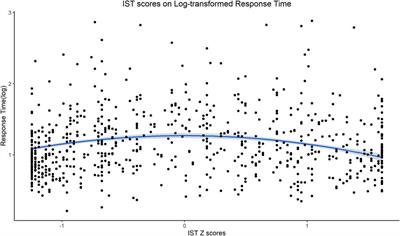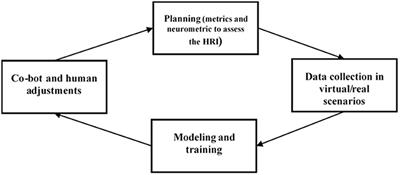EDITORIAL
Published on 06 Sep 2022
Editorial: Neuroergonomics in Human-Robot Interaction
doi 10.3389/fnbot.2022.1006103
- 1,237 views
9,092
Total downloads
55k
Total views and downloads
EDITORIAL
Published on 06 Sep 2022
ORIGINAL RESEARCH
Published on 07 Jul 2022

OPINION
Published on 28 Jun 2022

METHODS
Published on 11 May 2022

OPINION
Published on 06 May 2022
OPINION
Published on 13 Apr 2022

OPINION
Published on 20 Aug 2021

ORIGINAL RESEARCH
Published on 18 Jun 2021

SYSTEMATIC REVIEW
Published on 07 May 2021

OPINION
Published on 04 May 2021

ORIGINAL RESEARCH
Published on 01 Mar 2021

